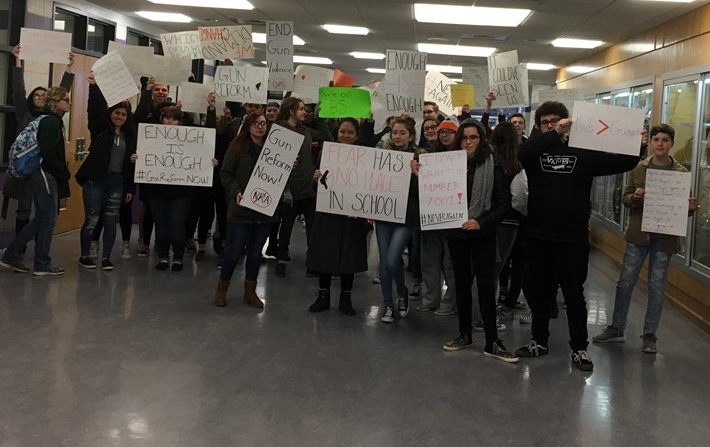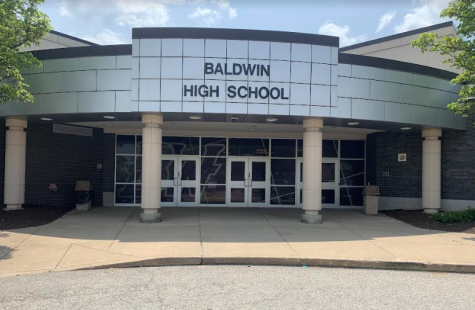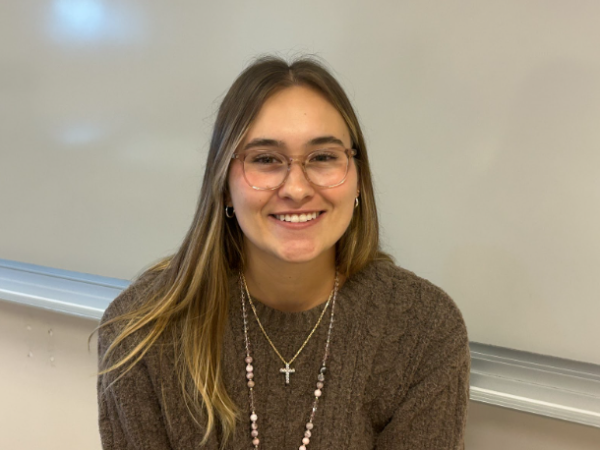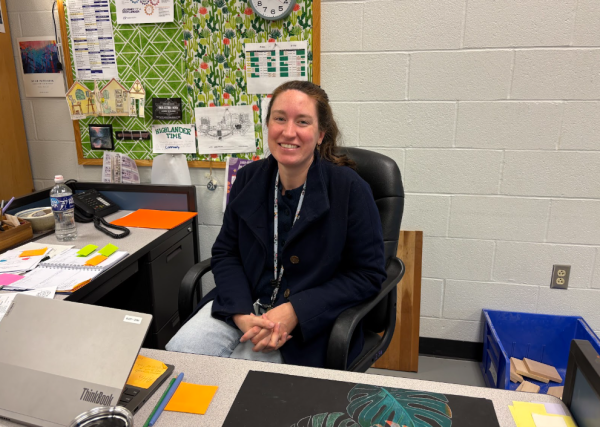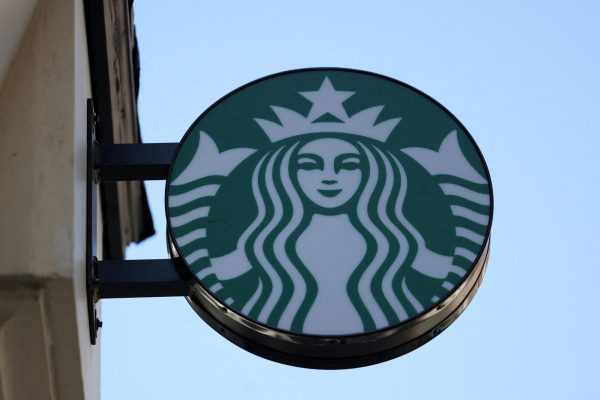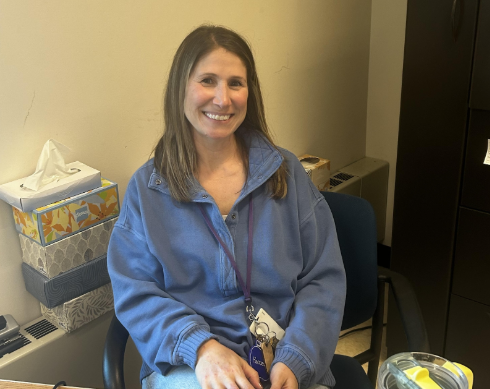Today’s students politically aware
Students holding their signs for the walkout. About 70 Baldwin students walked out of class last year as part of a nationwide movement calling for safer schools and stronger gun legislation.
Stereotypically, teenagers have been notoriously uninterested in politics. Some students at Baldwin challenge that notion.
Senior Alex Kindling said he feels that it’s his duty to stay informed.
“I was never really inspired to be politically active. I just always assumed that’s what you should do as a citizen,” Kindling said.
Junior Abby Fowler agreed that it’s young people’s obligation to be politically active and vocal, and she has taken steps to learn how to do that herself.
“Last January, I attended a leadership class held at Point Park that discussed the way teenagers are seen within politics and how to have more of a voice among adults. I definitely think it’s very important to have children and teenagers educated on having a voice and what to do with it in order to keep growing as a nation and as a society,” Fowler said.
Fowler and senior Angela Miller both said they were introduced to politics at a young age by their parents.
Fowler’s mother inspired her.
“Ever since a young age, she was educating me on various societal and political problems that were happening at the time,” she said.
Miller had a similar experience.
“Growing up, my parents were always very left-leaning and I vividly remember my mom anxiously watching (Barack) Obama’s first election with her fingers crossed and only slightly understanding what his election really meant and what it would come to mean,” Miller said.
Obama’s re-election sparked senior Thembi Mtingiza’s experience.
“I was introduced to the importance of politics in sixth grade, which was President Obama’s re-election year. It was the first time I was really old enough to follow along with the campaigns and to form a viewpoint on all the issues at hand,” Mtingiza said.
Junior Jordyn Dawley said that the 2016 presidential election sparked her interest in politics.
“Since it seemed like everyone had their own opinion, I thought I should develop my own,” she said. After learning so much during the election, she decided that she had a passion for politics and continued to follow the issues.
Senior Grace DeLallo said she feels that being politically active is a way to show she cares about what’s going on in the country and around the world.
“Whether you’re political or not, politics penetrates every aspect of life. Politics for me means that I am not only fighting for the people who deserve to be free and equal, but I also fight for the land we live on, the oceans we swim in, and the animals that are vital to Earth’s ecosystem. Politics isn’t something you can push to the side and say ‘it doesn’t affect me,’ because in more ways than one, you will see how it encompasses everything not only in our lives, but global lives, too,” she said.
As for explanations for this new trend of teen activism, students cite technology and overall heightened political tension in the nation.
“I think more young people care about politics than ever because the parties have become more partisan and social media has bombarded our generation with others’ political leanings, pushing us to adopt our ideologies earlier in life,” Kindling said.
Fowler agreed.
“I will say, the growing hostility in today’s political climate remains the reason for my interest in becoming more educated in how to fix the current conflicts that face our political atmosphere,” she said.
Mtingiza said social media is definitely a factor.
“I think that information being more accessible, especially on platforms that teens already use, is what is causing us to be more aware and active in politics,” she said.
Dawley said students are realizing that even if they aren’t eligible to vote, there are other ways they can make a difference.
“A common thought is that if you are too young to vote, you are too young to have an opinion. However, more recently, young people realize that they need to become politically active early to know what they are for and against and see how they can help without having to vote,” Dawley said.
Students get involved and informed by keeping up with current events, donating to political organizations, contacting congressional representatives, attending political events, and even campaigning.
“My sophomore year, senior Logan Snyder and I took the T down to the University of Pittsburgh to watch Hillary Clinton campaign the day before the election and that was an incredible experience,” Miller said. She also campaigned for Clinton during her 2016 presidential run.
Miller, Dawley, and Mtingiza marched in the Pittsburgh Women’s March last January. DeLallo and Mtingiza participated in the Pittsburgh March for Our Lives rally. DeLallo, Mtingiza, and Dawley participated in the Pride Parade. Fowler and Dawley participated in March For Our Lives in D.C.
Mtingiza ran a voter registration table in the school earlier this year, and occasionally contacts members of Congress.
The students cite the social studies staff at Baldwin as inspiration for their passions.
Social Studies department chair Kate Deemer said that she makes a point to support her students with enthusiasm.
“It’s great to see kids participating in their democracy because democracy doesn’t work unless people participate in it. I always make civic virtue a theme in my classes for that reason,” Deemer said.
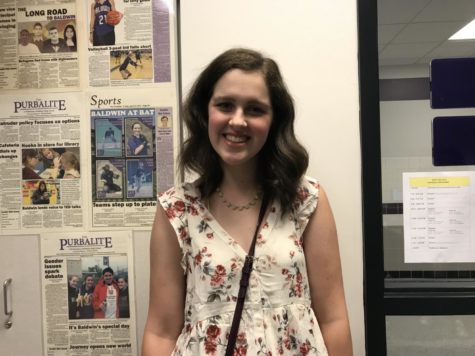
Avery is a senior and this is her third year on the Purbalite. She’s always in the mood for some quality sushi, and is very adamant about her preference...

